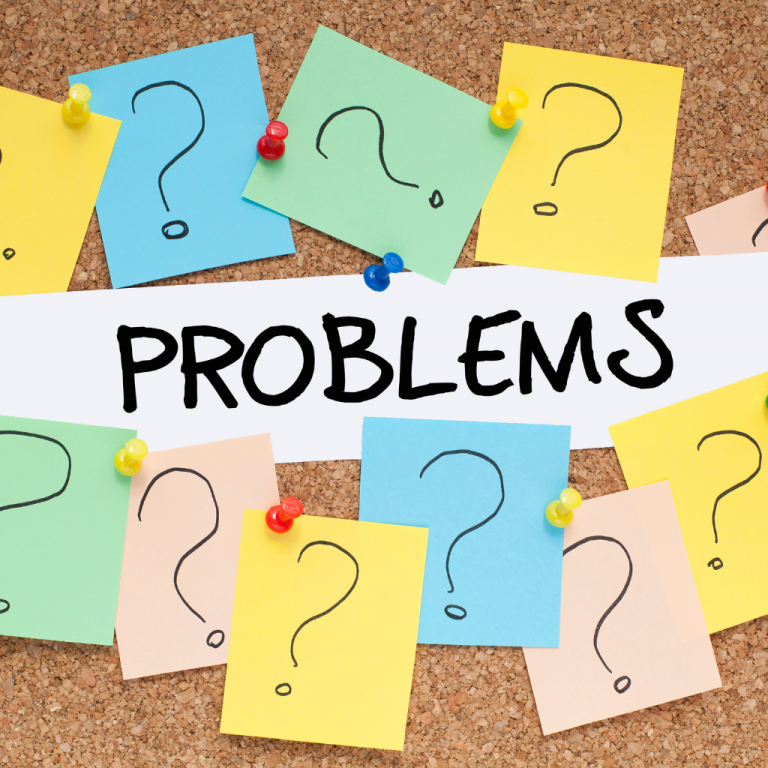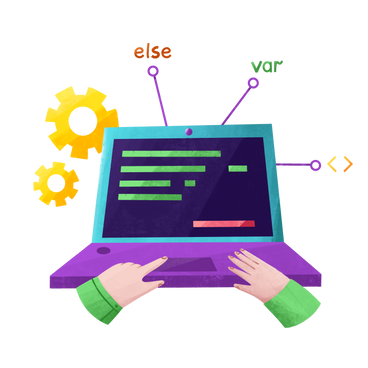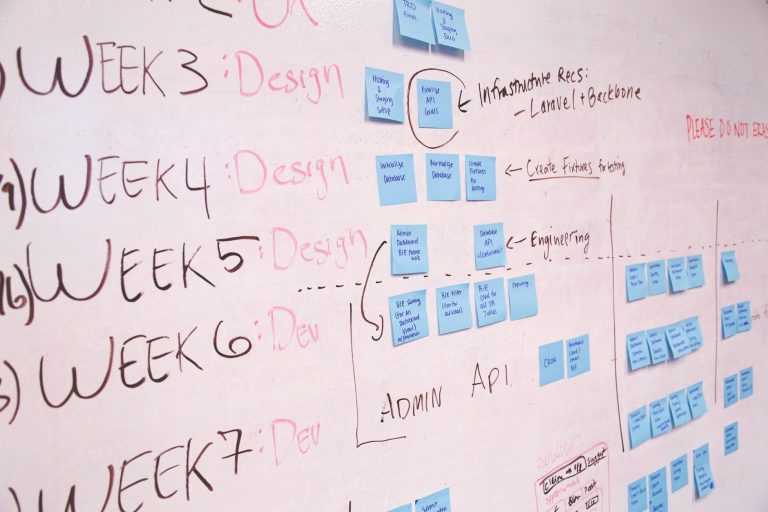Common Laravel Errors Developers Make
Addressing these common mistakes can help streamline Laravel development and reduce debugging time.
Class Not Found
- Occurs when Laravel cannot find a referenced class, often due to missing imports or incorrect namespaces.
- Solution: Ensure the class is imported correctly and run
composer dump-autoloadto refresh autoload files.
Route Not Found / Method Not Allowed
- “Route Not Found” happens when a requested route is not defined.
- “Method Not Allowed” (405 error) occurs when the HTTP method used (GET, POST, etc.) does not match the route definition.
- Solution: Double-check route definitions and HTTP methods in your requests.
Undefined Variable Errors
- Happens when a variable is used in Blade templates or controllers without being defined.
- Solution: Always define variables before use and use
isset()or Blade’s@issetdirective to check if a variable exists.
Database Connection Errors
- Caused by incorrect database configuration or connection issues.
- Solution: Verify
.envdatabase settings and ensure the database server is reachable.
SQL Errors and Missing Foreign Keys
- SQLSTATE errors often result from query mistakes or schema mismatches.
- Not using foreign keys or incorrect column types can lead to data integrity issues.
- Solution: Check your migrations for correct foreign key usage and column definitions.
Syntax Errors in Blade Templates
- Caused by incorrect Blade or PHP syntax in views.
- Solution: Ensure all Blade tags are properly closed and syntax is correct.
TokenMismatchException (CSRF Token Issues)
- Occurs when CSRF tokens are missing or invalid in form submissions.
- Solution: Always include
@csrfin forms.
Poor Separation of Concerns
- Mixing responsibilities (e.g., business logic in controllers, models depending on HTTP requests) leads to hard-to-maintain code.
- Solution: Follow the single responsibility principle and keep layers independent.
Typos in Model or Table Names
- Laravel expects table names to match model names by convention; typos or custom names can cause errors.
- Solution: Double-check model
$tableproperties and database table names.
Most Common Database-Related Errors in Laravel
1. Database Connection Errors
- Caused by incorrect database credentials in the
.envfile orconfig/database.php, or insufficient user privileges. This results in errors like “SQLSTATE[HY000][1045] Access denied” or “Connection refused”. - Solution: Double-check credentials and user permissions.
2. Table Not Found / Table Does Not Exist
- Occurs when a migration hasn’t been run or there’s a typo in the table name or model’s
$tableproperty. Laravel expects table names to follow certain conventions unless specified otherwise. - Solution: Run
php artisan migrateand verify table names.
3. Inefficient or Unoptimized Queries
- Using
SELECT *unnecessarily, not adding indexes, or failing to use eager loading can cause performance issues and the N+1 query problem. - Solution: Select only needed columns, add indexes, and use eager loading with
with().
4. Ignoring Eloquent Relationships
- Not defining or using Eloquent relationships leads to complex and inefficient queries.
- Solution: Properly define relationships in your models.
5. Lack of Database Migrations
- Skipping migrations or managing schema changes manually can cause inconsistencies between environments.
- Solution: Use Laravel’s migration system for all schema changes.
6. Not Using Transactions
- Failing to wrap related database operations in transactions can result in partial updates and data inconsistency.
- Solution: Use
DB::transaction()for atomic operations.
7. SQL Injection Vulnerabilities
- Building queries with unvalidated user input can expose the application to SQL injection.
- Solution: Always use Eloquent or query builder’s parameter binding.
8. Caching and Indexing Issues
- Not using caching or failing to index columns used in queries can lead to slow performance.
- Solution: Implement caching and add indexes as needed.
Addressing these issues improves reliability, security, and performance in Laravel applications.
Citations:
[1] https://devrims.com/blog/common-laravel-issues/
[2] https://www.linkedin.com/pulse/common-errors-laravel-development-how-modernize-acquaintsofttech-kserf
[3] https://laraveldaily.com/post/laravel-database-structure-11-mistakes-developers-make
[4] https://martinjoo.dev/common-mistakes-in-laravel
[5] https://laraveltips.io/5-common-issues-developers-face-when-working-with-laravel-and-how-to-solve-them/







